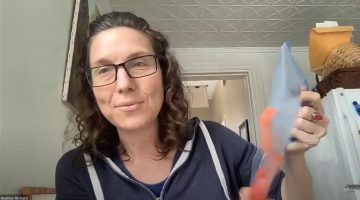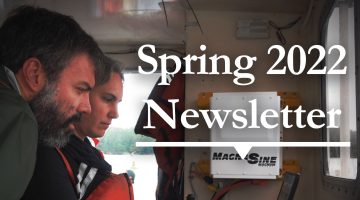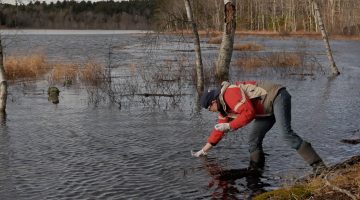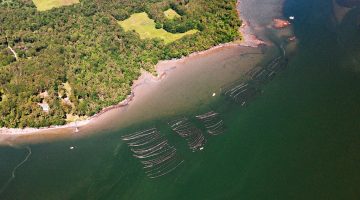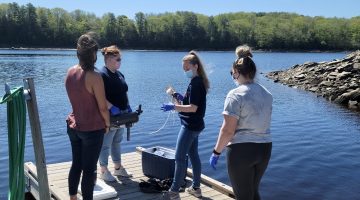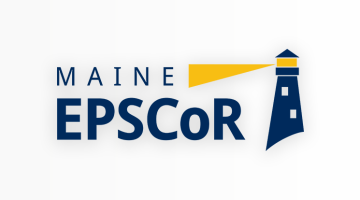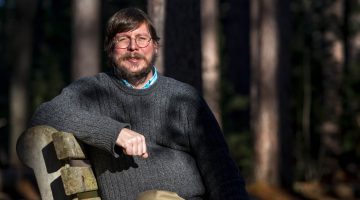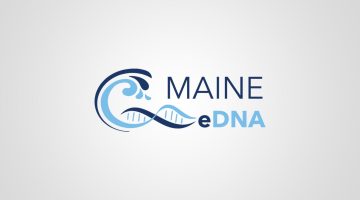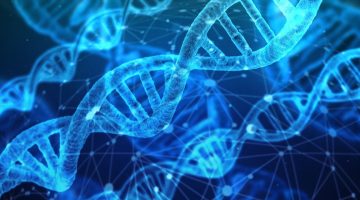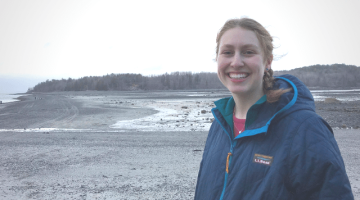Maine’s Mysterious Marshlands Workshop with Heather Richard
By Daniel Timmermann In person STEM education has been difficult the past couple years. Due to restrictions, bringing students into a lab was not an option and outdoor programs are obviously limited by weather. Maine’s Mysterious Marshlands: Using eDNA to Understand Climate Change, a recent workshop led by Maine-eDNA graduate student Heather Richard, sought to […]
Read more
